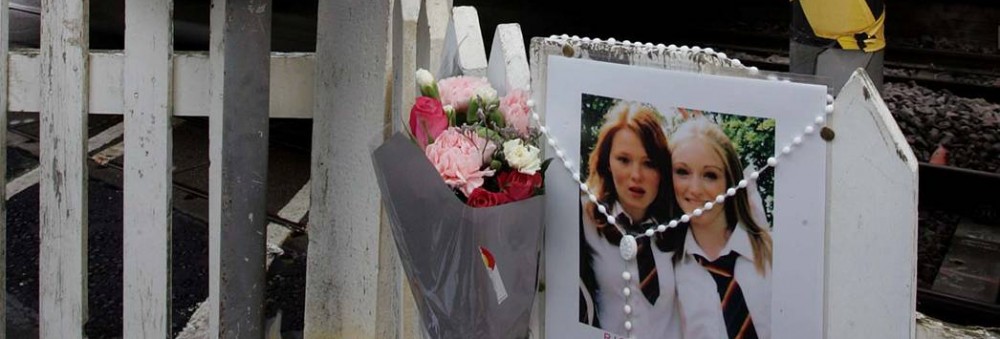I spent time yesterday with some of the Network Rail National Level Crossing Team as they hosted an ‘away day’ with their newly appointed Route Level Crossing Managers (RLCMs). There were 8 of the 10 routes represented there.
All of these are experienced Network Rail operational people, in fact Darren Furness from the National Team said that there was 91 years of level crossing experience in the room!
I had been asked to speak and, of course, tailored my talk to the audience, focussing this time on the real risk at level crossings and giving more emphasis than usual to the memo that been sent by the equivalent of a Level Crossing Manager of the day to the Route Production Manager. That memo, written a couple of years before, was not acted upon at the time but if it had, and the risk at Elsenham realised, then Olivia and Charlie would not be dead. Just installing a ticket machine on the other platform, a practical risk reduction solution which the writer suggested, would have avoided them having to cross the tracks in the first place. I asked these new Route Level Crossing Managers not to ignore the feedback they get from their teams and to help them to understand that risk management is not just about the dry quantitative stuff that comes out of their risk modelling software, but about real people – some of who will be disabled, deaf, old and slow, children – or worse – groups of children, people distracted by their phone or music player, or just plain tired.
Unless all level crossings are closed, which is not going to happen, there will always be accidents because people do and always will make mistakes. But what I want for these route-based level crossing management teams when they hear of an accident on their route, is to know with confidence that the risks had been properly assessed they that they had organised the correct level of protection there. I want there to be transparency – I don’t want to hear of them defending their lack of action on a risk score equating to 1 fatality in 44,000 years! I want them to really appreciate the responsibility that their roles carry and to go home at night knowing that they are doing the best possible job. A job that can really make a difference to the safety of the public.
The judge’s comments at the end of the Elsenham court case summed up Network Rail’s failures as systemic, rather than operational. I want to feel confident that the changes that National Level Crossing Team are driving through, with the Chief Executive’s support, are being acted upon at route level, and that behaviours will really begin to change.
One of the people introduced himself as a colleague of the assessor who completed the inaccurate (very low scored) risk assessment at Elsenham. I am told she was badly affected by the deaths of Olivia and Charlie and as a mother herself am sure she understands the devastating impact that the loss of our daughters has had on me and Charlie’s mother, in particular. This lady no longer works in risk management but she understands the huge responsibility that the role holds. I don’t blame her or hold her responsible for what happened. She was new to the job and probably hadn’t been trained properly, a result of the systemic failings. Her manager signed off her work, but it was clearly more of a tick box exercise to say that the assessments had been done than a real review of the risks, or a check of the work undertaken by a new assessor. That was over seven years ago.
What concerns me more is the RAIB report into the accident at Kings Mill just last May. This indicates that the lessons from Elsenham are still not being learned and shoddy attitudes to risk still exist on the ground. That has got to change.
The writer of the Elsenham memo, which described in such chillingly accurate detail the accident that would occur, has since retired. But the person who received the memo is now a Route Managing Director! I can only hope that their conscience was pricked sufficiently when the ORR investigators turned up to ask why it had not been acted upon, and that has brought about a change in behaviour that will now be driven down through the route organisations as these teams are finally put in place.
